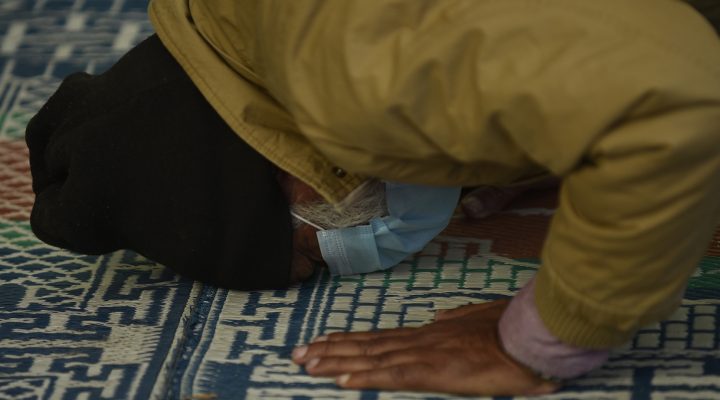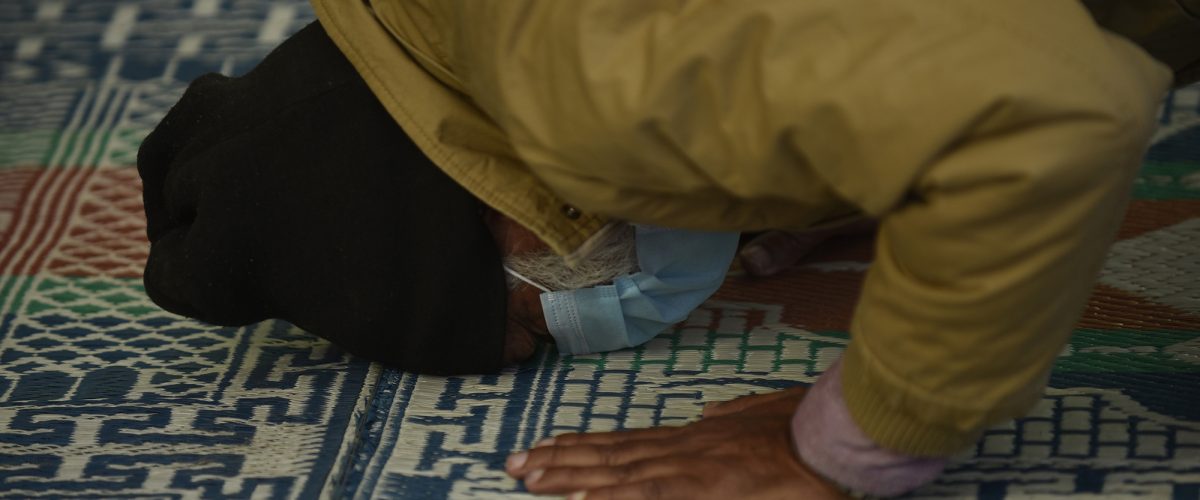Autocratic nations, especially in the Middle East, are increasingly adopting policies that only appear to foster religious tolerance, according to the U.S. Commission on International Religious Freedom.
They do this to curry favor and trust with the United States and Europe, the commission said in a new report.
But the reality in most cases is that “religious tolerance promotion” is designed to provide the illusion of tolerance of minority faiths within a country to avoid sanctions or to maintain existing political and economic relationships beneficial to those regimes, USCIRF said in “Tolerance, Religious Freedom and Authoritarianism.”
When overseen by authoritarian states, religious tolerance promotion “contributes to the expansion of authoritarian power over civil societies. Consequently, these kinds of initiatives can lead to an increase in violations of religious freedom of certain religious communities,” USCIRF reported. “This dynamic is different from RTP that is initiated organically by genuinely independent nongovernmental organizations that are part of a vibrant civil society.”
The commission identified Azerbaijan, Bahrain, Saudi Arabia and the United Arab Emirates as “major” users of the tactic of religious tolerance promotion.
The commission identified Azerbaijan, Bahrain, Saudi Arabia and the United Arab Emirates as “major” users of the tactic of religious tolerance promotion. Egypt, Jordan, Kazakhstan, Qatar, Russia and Uzbekistan, it said, are “substantial” users of the ploy. Nearly 30 other nations, including Algeria, Angola, Cuba, Venezuela and Vietnam are labeled as those who made “little or no investment” in religious tolerance promotion.
USCIRF noted that faith groups in authoritarian nations often are subject to surveillance, regulation and other forms of control because they are usually deemed a threat to the primary goal of autocratic regimes, which is to remain in power.
“This is because religious organizations can be particularly cohesive and socially or politically active, while also looking to sources of authority and legitimacy beyond the bounds of authoritarian state control,” according to the report. “Thus, when states repress religious organizations or individuals, the underlying goal is often the repression of any public, social or political activities that may facilitate the emergence of an independent civil society that could threaten authoritarian rule.”
But regimes may turn to tolerance and promotion of certain religious groups if doing so is deemed to be helpful in achieving or maintaining good relations with the U.S. and other powerful nations. “Authoritarian states are highly flexible, resilient, and accommodate international partners’ changing demands to better remain in power,” the commission said.
“They also learn from each other’s examples and best practices. Part of this process may involve learning the language of (religious tolerance promotion) and religious ‘tolerance talk,’ just as they learned ‘democracy language’ and ‘donor talk’ in previous decades.”
One of the most visible forms of this approach has become known as “Declaration Proliferation,” the commission explained. The trend involves authoritarian leaders attending high-profile international interfaith conferences where they affirm the importance of religious tolerance while carefully avoiding the topic of religious freedom.
“For example, the 2022 Declaration on the Common Human Values … organized by the Saudi-funded Muslim World League, while containing important affirmations of religious tolerance, did not encourage the Saudi state to alleviate mistreatment of the country’s Shi’a Muslim minority.”
Documents declaring support for religious tolerance also tend to shift the blame for structural violence and repression away from authoritarian regimes and onto religions like Islam, the commission said. “Consequently, these declarations work to foreground interpretations of a religious tradition as a source of direct violence, and thereby attenuate the context of political authoritarianism and structural factors out of which such interpretations emerge.”
In most cases, policies claiming to promote religious tolerance place the responsibility for resolving religious intolerance on the population “without considering the obligations of authoritarian states to provide religious freedom and other fundamental rights under international law.”
And rarely does support of religious tolerance translate into actual religious liberty in authoritarian regimes, the report added. Religious tolerance promotion “by authoritarian states can lead to an increase in violations of religious freedom for some groups. … While religious tolerance itself is a worthy policy goal, some authoritarian states internationally use RTP efforts to divert attention away from these states’ religious freedom abuses and aim to ‘deepen trust’ with the United States.”
As a result, religious tolerance can be short-lived in many cases, the commission found. “Moreover, in authoritarian contexts where a ruler depicts greater tolerance toward religious minorities as emerging from their personal benevolence — rather than institutionalized systemic, legal or policy changes — such moves are contingent upon the whim of the current regime. They are also dependent upon whether such moves might help gain better U.S. or European relations.”
Related articles:
Iran continues ‘egregious violations of religious freedom,’ watchdog reports
The solution to a peaceful world is respecting other people’s religious freedom, U.S. leader says


